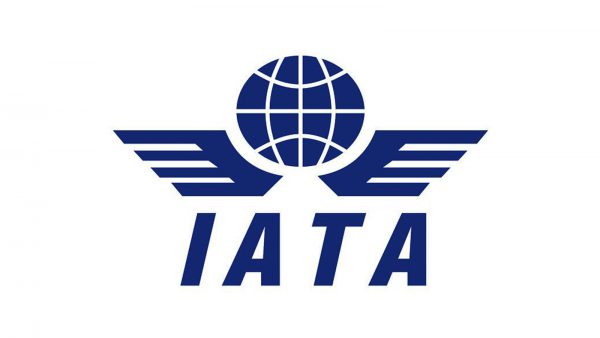GENEVA, 2 February 2022: Governments must accelerate the easing of travel restrictions as Covid-19 continues to evolve from a pandemic to endemic stage, the International Air Transport Association (IATA) urges in its latest press statement.
“With the experience of the Omicron variant, there is mounting scientific evidence, and opinion opposing the targeting of travellers with restrictions and country bans to control the spread of Covid-19. The measures have not worked,” said IATA’s director general Willie Walsh.

“Today, Omicron is present in all parts of the world. That’s why travel, with very few exceptions, does not increase the risk to general populations. The billions spent testing travellers would be far more effective if allocated to vaccine distribution or strengthening health care systems.”
IATA recommendations
- Remove all travel barriers (including quarantine and testing) for those fully vaccinated with a WHO-approved vaccine.
- Enable quarantine-free travel for non-vaccinated travellers with a negative pre-departure antigen test result.
- Remove travel bans, and
- Accelerate the easing of travel restrictions in recognition that travellers pose no greater risk for COVID-19 spread than already exists in the general population.
A recently published study by Oxera and Edge Health demonstrated the extremely limited impact of travel restrictions on controlling the spread of Omicron.
Study takeaways
If the UK’s extra measures with respect to Omicron had been in place from the beginning of November (prior to the identification of the variant), the peak of the Omicron wave would have been delayed by just five days with 3% fewer cases.
The absence of any testing measures for travellers would have seen the Omicron wave peak seven days earlier with an overall 8% increase in cases.
Now that Omicron is highly prevalent in the UK, if all travel testing requirements were removed, there would be no impact on Omicron case numbers or hospitalisations in the UK.
“While the study is specific to the UK, it is clear that travel restrictions in any part of the world have had little impact on the spread of COVID-19, including the Omicron variant. The UK, France and Switzerland have recognised this and are among the first to begin removing travel measures. More governments need to follow their lead. Accelerating the removal of travel restrictions will be a major step towards living with the virus,” said Walsh.
Covid-19 becomes endemic?
All indications point to Covid-19 becoming an endemic condition — one that humankind now has the tools (including vaccination and therapeutics) to live and travel with, bolstered by growing population immunity.
This aligns with the advice from public health experts to shift the policy focus from an individual’s health status towards policies focusing on population-wide protection. It is important that governments and the travel industry are well-prepared for the transition and ready to remove the burden of measures that disrupt travel, IATA concluded.
“The current situation of travel restrictions is a mess. There is one problem – Covid-19. But there seem to be more unique solutions to managing travel and Covid-19 than there are countries to travel to. Indeed research from the Migration Policy Institute has counted more than 100,000 travel measures around the world that create complexity for passengers, airlines and governments to manage. We have two years of experience to guide us on a simplified and coordinated path to normal travel when Covid-19 is endemic. That normality must recognise that travellers, with very few exceptions, will present no greater risk than exists in the general population. And that’s why travellers should not be subject to any greater restrictions than are applied to the general community,” said Walsh.
(Source: IATA)






